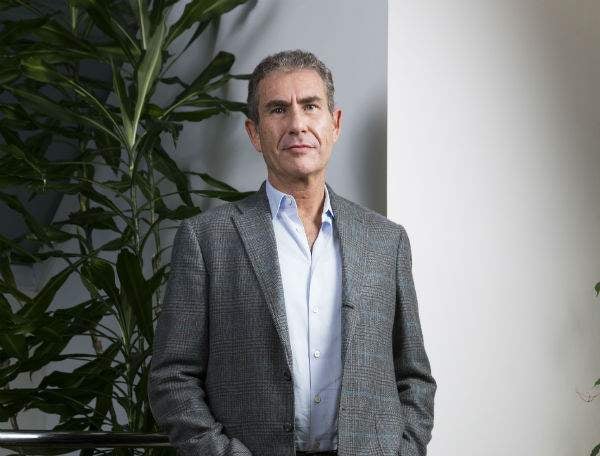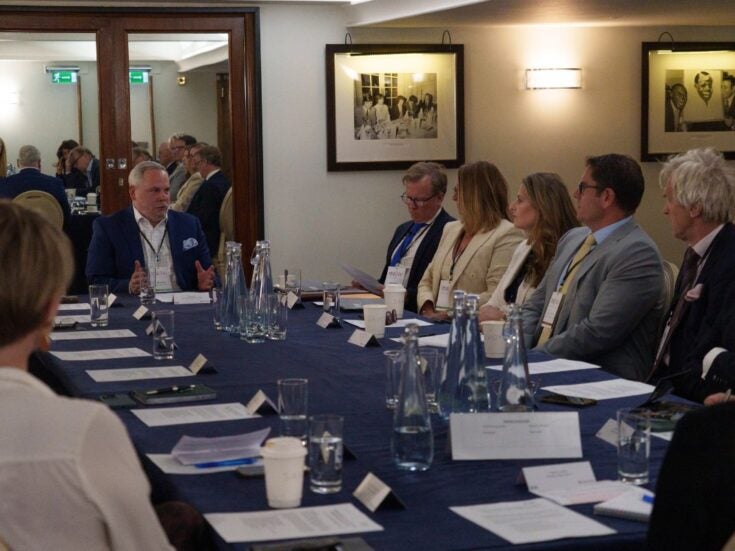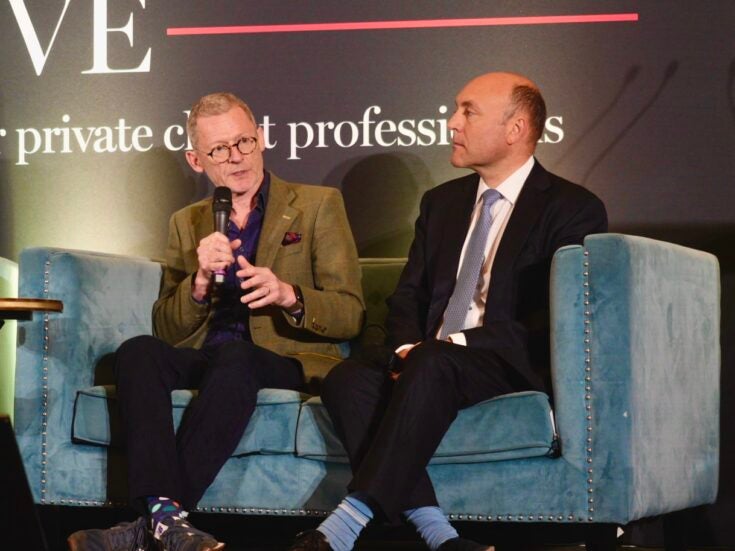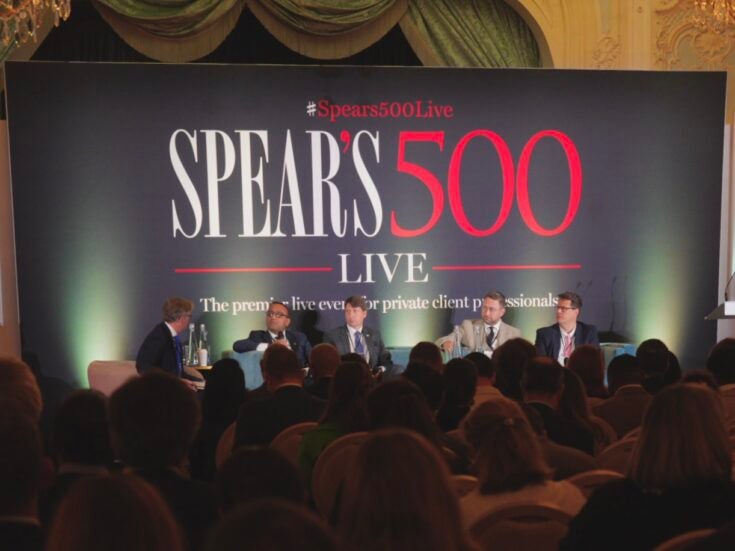
An entrepreneur and gemstone magnate is helping charity through start-ups’ exit proceeds. Words by Olenka Hamilton
In the Judaeo-Christian tradition, it’s common to set aside a portion of what you earn to a good cause, and that’s always been part of my personal ethos. But some years ago I learnt from a mistake that there are good and bad ways of giving.
I had always thought the highest form of charity was creating business and developing opportunities for people, and then on top of that giving with the right motivation and no ego, which meant giving anonymously. One day, though, an employee at my company Air Fayre was looking for a few hundred pounds of sponsorship and I realised that no one working at my firm knew that 10 per cent of the company’s proceeds – millions of pounds – was going into the Fayre Share Foundation and was designated for charity. It dawned on me that modesty is all very well, but if I told people, wouldn’t they be delighted and work harder?
That started the process of thinking about how we can get companies to do good, and that’s why I founded Entrepreneurial Giving (EG), which introduces entrepreneurs to philanthropy by encouraging them to donate a percentage (1 per cent minimum) of their start-ups’ exit proceeds to charity.
Before this, I set up Collaboration House on Charlotte Street, which is home to 15 charities, all of which work on inter-faith relations, my main philanthropic focus. The idea was that by bringing charities together into one building, they would be able to pool resources and ideas and be more efficient and effective. But missing still was the rising tide to lift all the boats, which is getting people to give more.
With EG I’m not trying to reach philanthropists, but rather people who are ambitious and aggressive in an entrepreneurial sense. If they embed purpose in their company from the start, the business will be more successful: if you want to hire the best calibre of staff, as committed as possible to your company, there has to be a purpose, not just a pay cheque.
It’s also important that giving is not seen as a by-product but as a means to success. That’s very much the ethos behind EG, which fits into my general vision of how we make charities more effective. I believe business should and can be a force for good.
Entrepreneurs are busy people who don’t necessarily have time to be thinking of charity, so EG gives them the tools to make it easy and instant. That way a culture of purpose will be rooted in the firm from the very start, which will have a long-term benefit for society. This is the case even if there’s never a liquidity event, because fundamentally it’s about being a good business, not about donating.
There is more of a need for philanthropy today than ever because the rich seem to be getting richer and the poor poorer, and it is down to us to try to equalise that. Capitalism is by no means perfect and there is a lot of anti-capitalist sentiment in society, but I believe it is a better system than others and we need to convince people of this. But capitalism also has to evolve. This is what EG is about. We are saying to business people that they have to take responsibility rather than wait for a government to do something. We need to get the message out because there are a lot of good people willing to work together to make the world better.
Olenka Hamilton is staff writer at Spear’s







